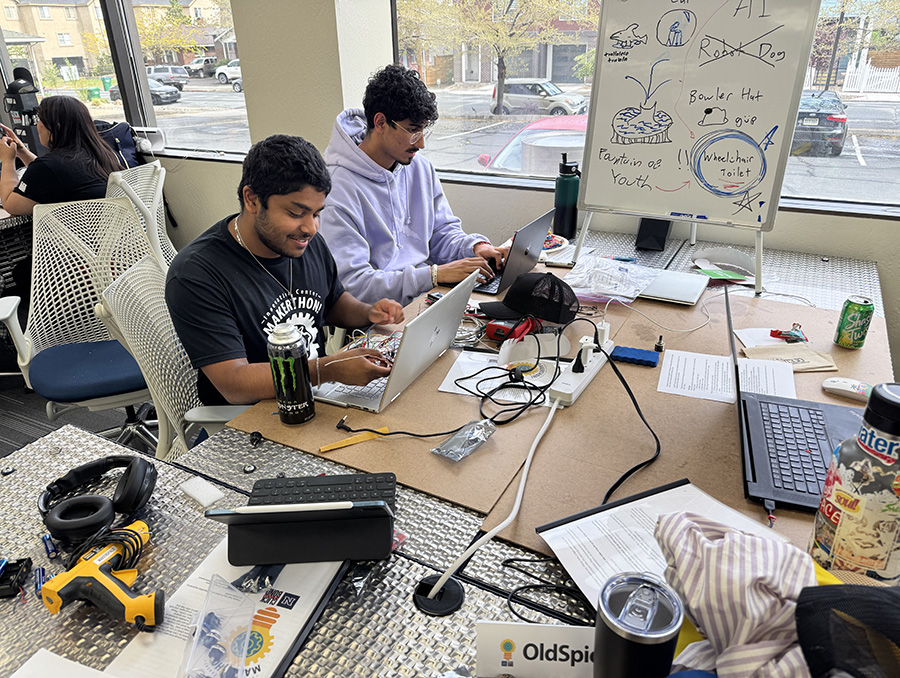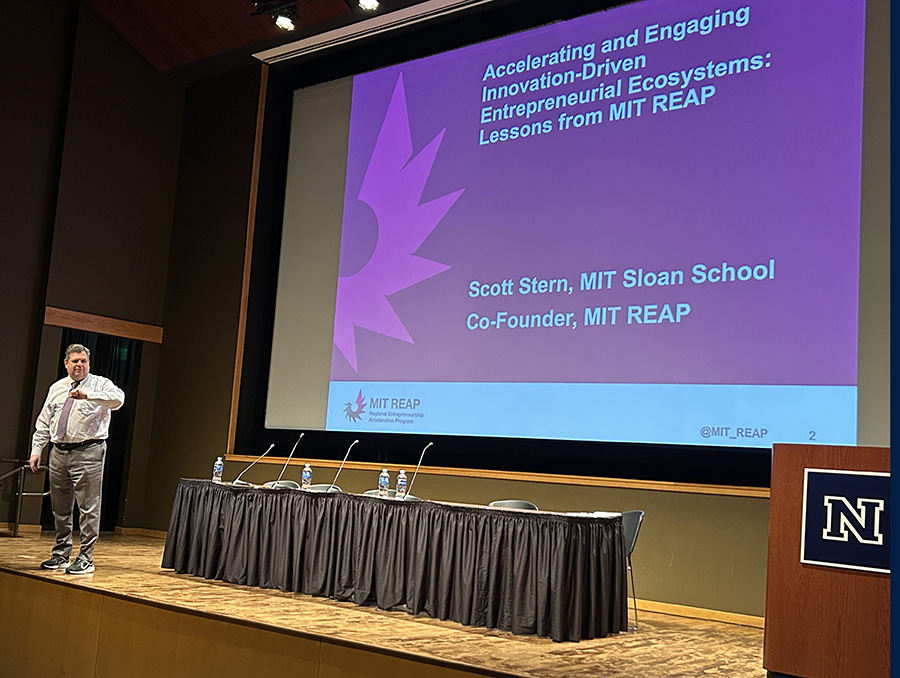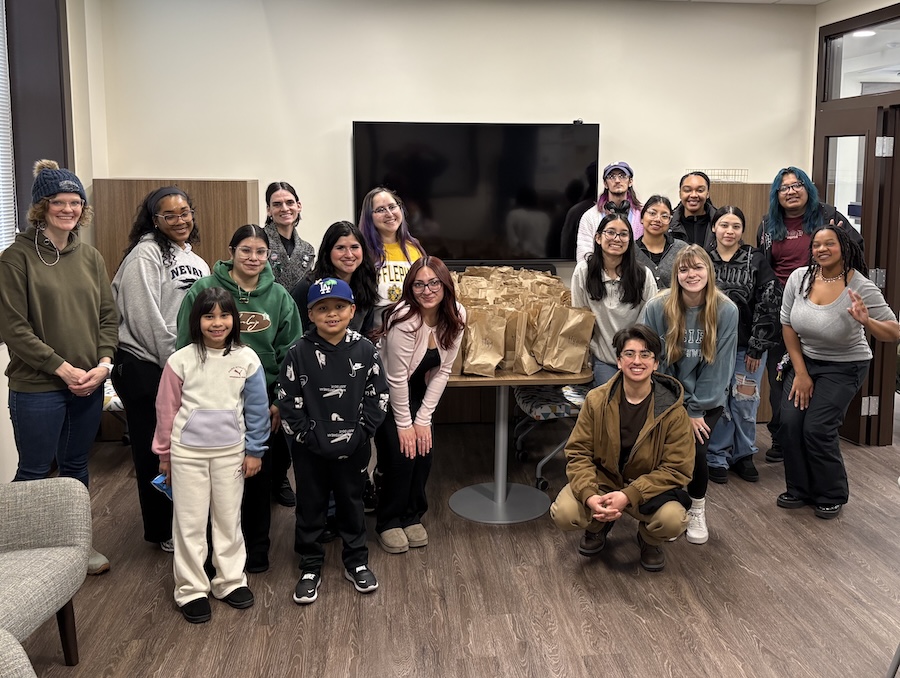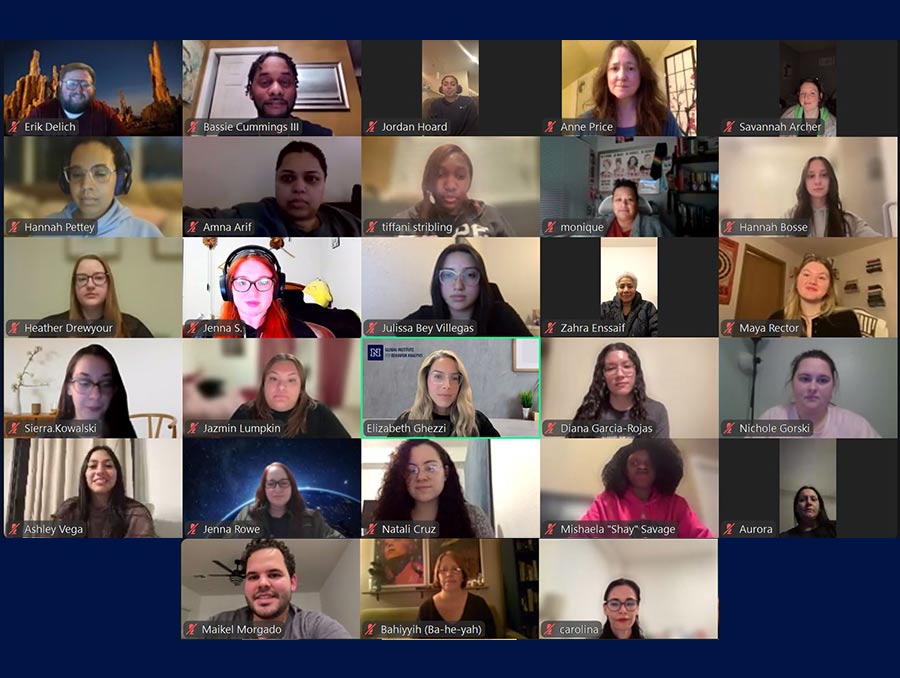The Optimism Series: Domestic mining provides green opportunities
Nevada Gold Mines Professor Pengbo Chu in the Department of Mining and Metallurgical Engineering sees domestic mining as a way to change the mining industry into a green industry
In honor of Mental Health Awareness Month, the College of Science has asked researchers across a range of disciplines to share how they remain optimistic in the face of the many challenges of today, particularly within the field of science.
The shift towards green energy is happening all around us, from electric cars to everyday gadgets like cell phones and laptops. But to keep these devices running, we need better ways to store energy, and that's where minerals come in. These minerals, often called critical minerals, are essential for energy storage technologies, but their importance is often overlooked.
Take lithium, for example. It's a crucial element in lithium-ion batteries, which power many of our rechargeable devices. Lithium helps these batteries last longer and provides more power. With the increasing popularity of electric vehicles, the demand for lithium has soared. Other important minerals are rare earth elements (REEs) which are used to make magnets for motors and turbines.
Most of these critical minerals are mined from the earth. While recycling is getting more attention, it's not yet advanced enough to meet our needs. In the past, we relied heavily on importing these minerals from other countries. But now, with tensions rising between nations, it's become important for the U.S. to produce more of these minerals domestically.
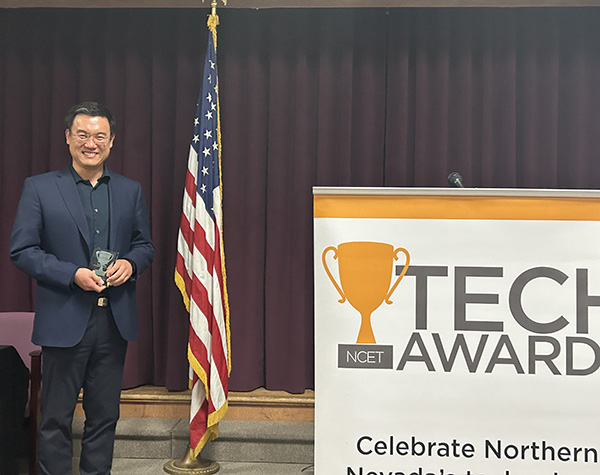
Unfortunately, mining in the U.S. faces challenges. It's difficult to get permits, and many people are concerned about its environmental impact. But there's hope: by bringing mining back to the U.S., we have a chance to lead the way in making it more environmentally friendly.
From a technological standpoint, the U.S. has the talent to make mining greener. For example, we can use new technology to recover valuable minerals from old mining wastes, reducing our environmental impact. We can also explore innovative methods like using CO2 to make the extraction process more efficient and less harmful to the environment. My research group is at the forefront of this effort. We are working on recovering leftover nickel and copper from historical mine tailings and we’ve discovered some potential methods to recover up to 90% of the leftover metals from the tailings. We also work on improving methods using CO2 to soften rare earth-bearing ores, reducing energy consumption and greenhouse gas emissions. My team has also identified conditions that can make conversions possible. With interdisciplinary collaboration, I am confident that mining of critical minerals in the U.S. can become greener.
About the author
Pengbo Chu is the Nevada Gold Mines Professor in the Department of Mining and Metallurgical Engineering at the University. Chu’s research ranges from beneficiation of critical minerals to optimization of mineral processing systems using machine learning.










